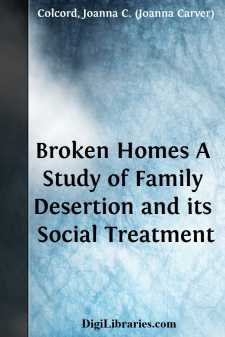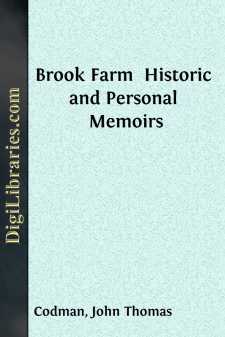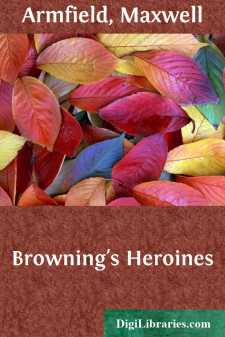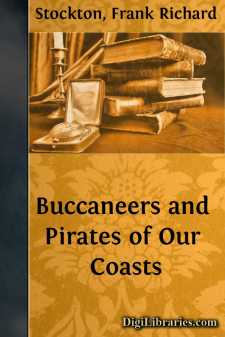Non-Classifiable
- Non-Classifiable 1768
Non-Classifiable Books
Sort by:
by:
J. Ellis Barker
CHAPTER I INTRODUCTION—WHAT IS SOCIALISM? What is Socialism? It is exceedingly difficult to answer that question in a few words, for Socialism is exceedingly elusive and bewildering in its doctrines, its aims, and its proposals. Its opponents have described it as "a doctrine of sordid materialism and of atheism," they have denounced it as "the gospel of everlasting bellyful," and as...
more...
I INTRODUCTION It has frequently been said that desertion is the poor man's divorce but, like many epigrams, this one hardly stands the test of experience. When examined closely it is neither illuminating nor, if the testimony of social case workers can be accepted, is it true. It is true, of course, that many of the causes of domestic infelicity which lead to divorce among the well-to-do may...
more...
CHAPTER I. THE DEVELOPMENT OF THE BROOK FARM MOVEMENT. Early in the present century, New England was the centre of progressive religious thought in America. A morbid theology had reigned supreme, but its forms were too cold, harsh and forbidding to attract or even retain the liberal-minded, educated and philosophic students of the rising generation, or hold in check the ardent humanitarian spirit, that...
more...
CHAPTER I ENGLISH POETS, FRIENDS AND ENTHUSIASMS To any one casually trying to recall what England has given Robert Browning by way of direct poetical inspiration, it is more than likely that the little poem about Shelley, "Memorabilia" would at once occur: I"Ah, did you once see Shelley plain,And did he stop and speak to youAnd did you speak to him again?How strange it seems and new!...
more...
by:
Maxwell Armfield
PREFACE When this book was projected, some one asked, "What is there to say about Browning's heroines beyond what he said himself?"—and the question, though it could not stay me, did chill momentarily my primal ardour. Soon, however, the restorative answer presented itself. "If there were nothing to say about Browning's heroines beyond what he said himself, it would be a bad...
more...
Chapter I When I was a boy I strongly desired to be a pirate, and the reason for this was the absolute independence of that sort of life. Restrictions of all sorts had become onerous to me, and in my reading of the adventures of the bold sea-rovers of the main, I had unconsciously selected those portions of a pirate's life which were attractive to me, and had totally disregarded all the rest. In...
more...
by:
Alexander Whyte
INTRODUCTORY ‘The express image’ [Gr. ‘the character’].—Heb. 1. 3. The word ‘character’ occurs only once in the New Testament, and that is in the passage in the prologue of the Epistle to the Hebrews, where the original word is translated ‘express image’ in our version. Our Lord is the Express Image of the Invisible Father. No man hath seen God at any time. The only-begotten...
more...
by:
Alexander Whyte
IGNORANCE “I was alive without the law once.”—Paul. “I was now a brisk talker also myself in the matter of religion.”—Bunyan. This is a new kind of pilgrim. There are not many pilgrims like this bright brisk youth. A few more young gentlemen like this, and the pilgrimage way would positively soon become fashionable and popular, and be the thing to do. Had you met with this young...
more...
by:
Alexander Whyte
CHAPTER I—THE BOOK ‘—the book of the wars of the Lord.’—Moses. John Bunyan’s Holy War was first published in 1682, six years before its illustrious author’s death. Bunyan wrote this great book when he was still in all the fulness of his intellectual power and in all the ripeness of his spiritual experience. The Holy War is not the Pilgrim’s Progress—there is only one Pilgrim’s...
more...
I. SOME CHARACTERISTICS OF MEDAEVAL THOUGHT IN the earliest days of his upward evolution man was satisfied with a very crude explanation of natural phenomena—that to which the name "animism" has been given. In this stage of mental development all the various forces of Nature are personified: the rushing torrent, the devastating fire, the wind rustling the forest leaves—in the mind of the...
more...











